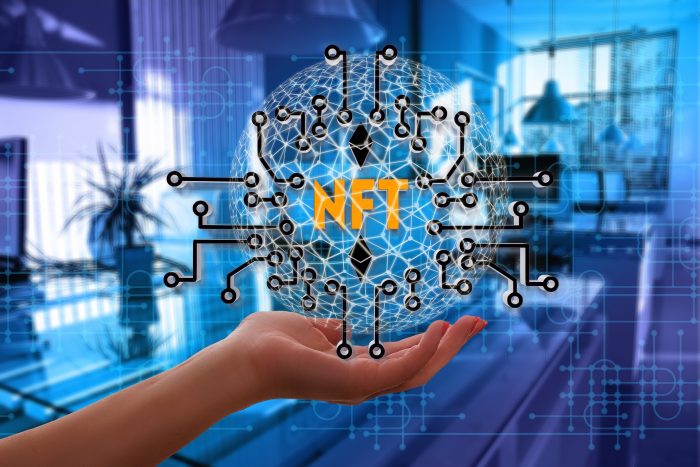By Nancy Burner, Esq.

Not all estates require a probate or full administration proceeding. A small estate proceeding, also known as a Voluntary Administration, is a simplified Surrogate’s Court procedure.
What estates qualify?
The Voluntary Administration is available if the decedent passed away with $50,000 or less in personal property. Personal property includes cars, cash, stocks — anything but real estate. The Voluntary Administration proceeding is not an option when the decedent owned real property solely in their own name. It is available if the decedent died with or without a Will.
Voluntary Administration is not only for decedents who had minimal assets. Sometimes only certain assets were owned by the decedent in their sole name. This happens often with married couples with joint bank accounts or who own real estate with rights of survivorship. A decedent may have named beneficiaries on most of their accounts. In such cases only some property needs to pass through Surrogate’s Court. Other times a decedent conveyed most, but not all, of their property to a trust. If the assets left outside the trust are less than $50,000, a Voluntary Administration is available.
How to file
The small estate proceeding is initiated by filing of an “Affidavit of Voluntary Administration.” The Petitioner is either the nominated Executor in the decedent’s Will or the closest living relative when there is no Will. The Petitioner is asking the Court for the authority to collect the decedent’s assets, pay off any debts, and distribute the property to those with a legal right to inherit. If there was a Will, the beneficiaries named in the Will inherit. If there was no Will, then the estate passes under the laws of intestacy.
The Voluntary Administration Proceeding is less complex than a probate or full administration proceeding. Consent and Waiver is not required from the decedent’s distributees (heirs who will inherit under the estate). The Court only provides the distributees with notice that the proceeding was filed. This avoids the expense of costly litigation over the appointment of a fiduciary.
Drawbacks
The Voluntary Administration Proceeding has some drawbacks. The appointed Administrator only has the authority to collect the specific assets listed on the Affidavit of Voluntary Administration. Such broad authority is only available in a full probate or administration proceeding. The Administrator does not have the broad authority to collect and distribute any additional assets. If the Administrator finds assets not listed on the initial Affidavit, they have to go back to the court.
Further, if the assets exceed $50,000, the Administrator must convert the proceeding to a full probate or Administration. For this reason, when there is uncertainty about the assets, it may be wise to proceed with a full probate or administration proceeding.
A small estate proceeding costs only $1 to file. While the Voluntary Administration Proceeding is simple and inexpensive, mistakes can be costly. It is always a good idea to consult with an experienced Estate attorney to ensure that a small estate proceeding is the best way to proceed.
Nancy Burner, Esq. is the founder and managing partner at Burner Law Group, P.C with offices located in East Setauket, Westhampton Beach, New York City and East Hampton.

















